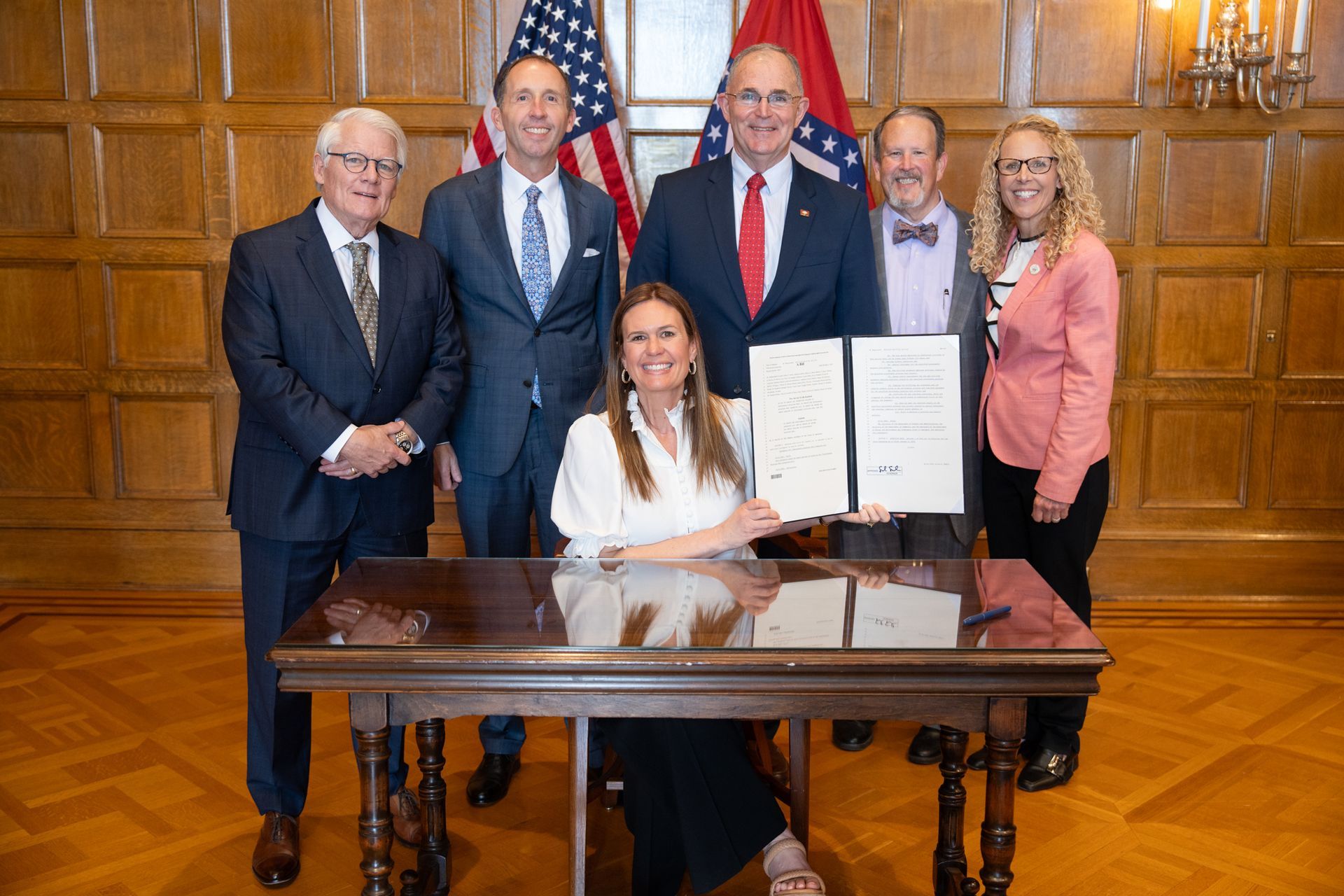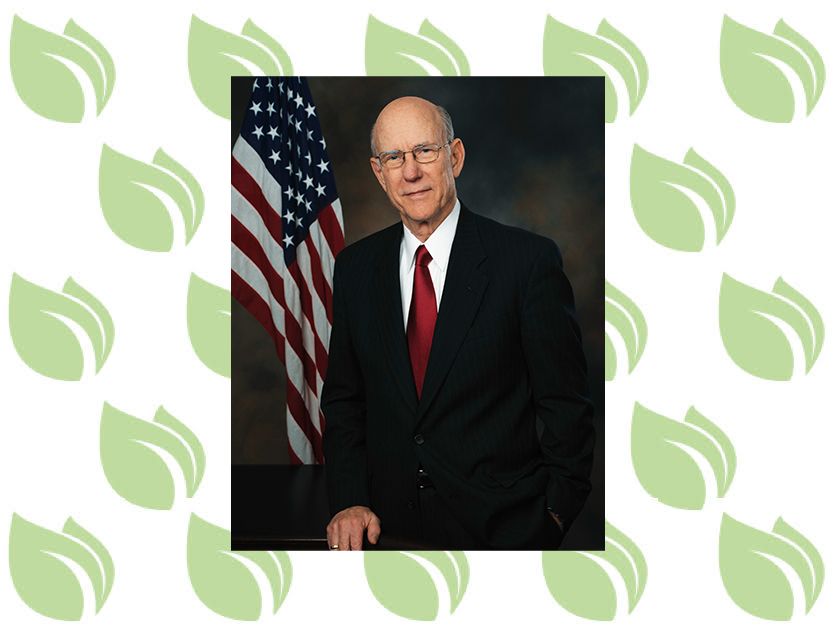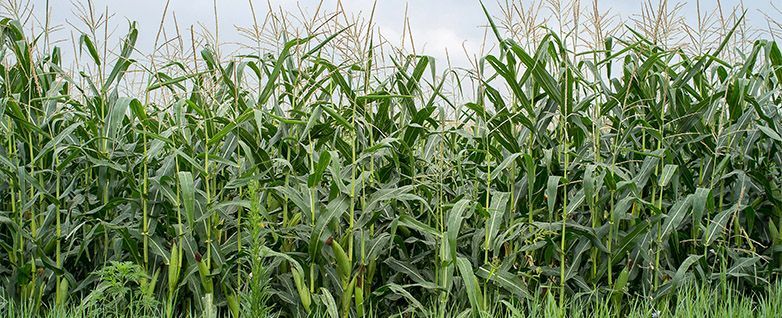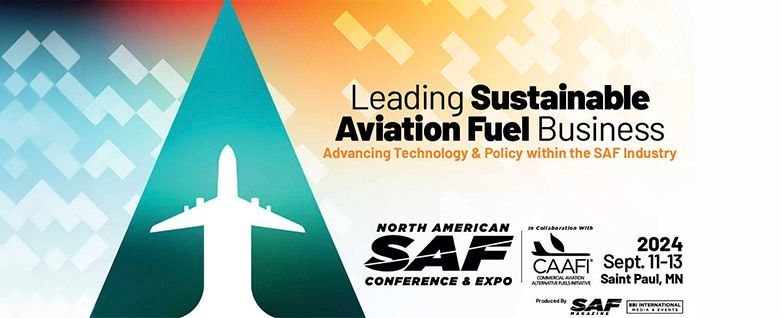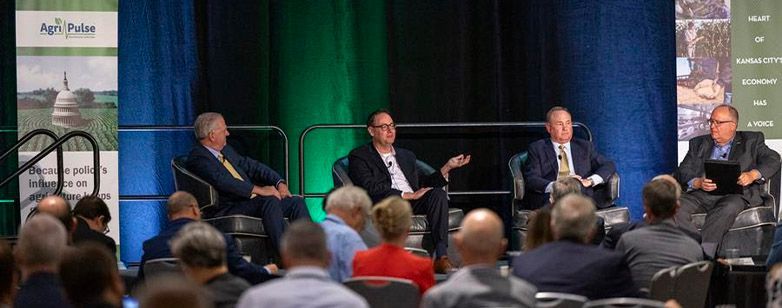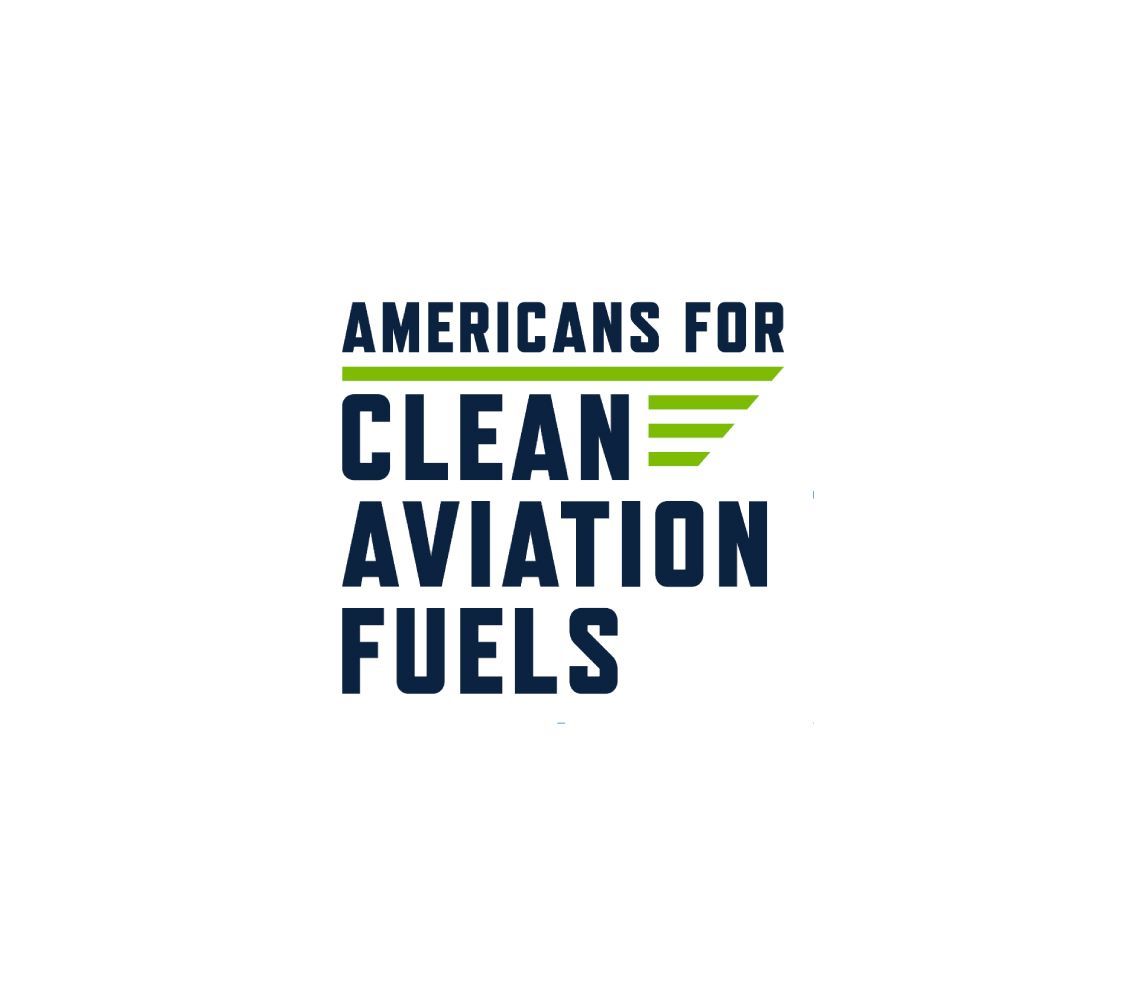FIFTH-GENERATION FARMER: 45Z EXTENSION “WILL HOLD THE DOORS OPEN” FOR “SIDELINED FEEDSTOCK PRODUCERS”
In the Kansas City Star, fifth-generation soybean farmer, Garrett Riekhof, emphasizes the pivotal role a flexible 45Z extension holds to American feedstock producers
In Case You Missed It — Garrett Riekhof, a fifth-generation Missouri soybean farmer, recently penned an op-ed for the Kansas City Star where he lays out that flexible and long-term guidance on 45Z is needed for farmers across the United States. Riekhof notes that when implemented correctly, 45Z tax credits can revamp soybean markets and unlock new economic opportunities for our Heartland communities. However, the current guidance for 45Z is too burdensome in its crop requirements, ultimately disincentivizing soybean farmers from participating in building an American sustainable aviation fuel marketplace.
Soybean farmers are “not seeing a significant-enough return on the investment of time, energy, specific regulations needed to quality crops to be used for clean fuels ultimately dissuading their participation and stunting the production of CAFs,” writes Riekhof, “as innovative farming practices have been developed to help the environment, certain techniques were excluded under the last Administration rather than encouraging robust participation in this growing market. Additionally, previous guidance required the bundling of climate-smart practices, creating a barrier to entry so large, our farmers can’t even begin to move forward.”
The Americans for Clean Aviation Fuels Coalition (ACAF) brings together the entire CAF value chain, from farmers to producers to airlines, to scale the American CAF economy and highlight the benefits of American biofuels. A fully realized CAF market has the potential to create hundreds of thousands of jobs and increase revenues across America’s Heartland, all while enhancing national security and solidifying American energy independence.
Without support from Washington, Missouri soybean farmers will lose out on new fuels
By: Garrett Riekhof
Kansas City Star
April 3, 2025
Over the last few years, farmers, airlines and energy companies came together in support of domestic clean aviation fuels (CAF) and the immense benefits they bring to our nation’s energy independence, our economic security and the boost to rural communities. Though strides have been made, there is plenty more that can be done to grow this industry – including carefully considering the differences between our American-grown commodities to put the best policies forward. The leadership in Washington, D.C. has changed, and now we implore the new Congress and Administration to continue supporting a robust CAF market – with a focus toward inclusive practices – rather than losing ground. Our farmers have too much to lose without Washington’s support.
The expanding CAF market has left one facet in particular woefully untapped – the soybean farming industry. One of the strongest ways to push the CAF market – and U.S. energy dominance – forward is by extending the clean fuel production credit to include soybean crops. Soybeans are the second biggest crop in the U.S. with
113.27 million metric tons grown in the U.S. between 2023 and 2024. However, due to the qualities inherent in their crop and its limitations, soybean farmers have been put to the wayside compared to counterparts in the industry. The
45Z Clean Fuel Production Credit (45Z) has the potential to hold the doors to the market open for soybean farmers and other sidelined CAF feedstock producers.
45Z, which went into effect at the beginning of the year, is poised to expire in 2027 and with it, the promise of a stronger future for producing CAFs. The clean fuel credit incentivizes farmers to produce the crops that can qualify to be used in CAFs and promotes lower carbon intensity outputs for those farmers. This unlocks a greater potential for a strong, domestic low-carbon biofuels market than the scheme farmers had been operating under. To receive the Clean Fuel Production Credit, feedstock farmers must meet the requisite carbon intensity score. Soybean farmers face limitations based on carbon intensity scoring entwined in statutory language. As compared to other producers, soybean farms produce more volume on less space, but due to the makeup of the crop, only 20% of that harvest yields the ingredients for CAFs. In turn, more land is needed to produce the same amount of fuel as other commodities.
The barriers facing soy farmers are further exacerbated as the tax credits that they see are lower per gallon than other crops. The end product is soybean farmers not seeing a significant-enough return on the investment of time, energy, specific regulations needed to quality crops to be used for clean fuels, ultimately dissuading their participation and stunting the production of CAFs. Our farmers are ready to do their part to get this market off the ground, but need the proper regulatory and policy frameworks to do so.
Moreover, as innovative farming practices have been developed to help the environment, certain techniques were excluded under the last Administration rather than encouraging robust participation in this growing market. Additionally, previous guidance required the bundling of climate-smart practices, creating a barrier to entry so large, our farmers can’t even begin to move forward. The Trump administration must take steps to support producers by immediately unbundling these requirements and allow for more flexibility with additional techniques. Without these steps, producers will continue to be discouraged from utilizing sustainable practices, stunting the growth of the market completely.
Soybean producers could be of immeasurable value to the production of CAFs. It’s an area where the largest industrial sectors in America can find alignment, and it’s an industry the incoming leaders in Washington could immediately support to strengthen our economy and energy sectors to the most granular players. But without these changes, our producers will be boxed out by regulatory hurdles that impede their entry. To continue to leave them out of conversations and credits is to lose a strong contributor to the economic boon that the partnership between CAFs and the agriculture industry promises.
Garrett Riekhof is a fifth-generation farmer raising soybeans and corn in Higginsville, Missouri. He is a member of the 501(c)(5) Missouri Soybean Association agricultural organization, a member of Americans for Clean Aviation Fuels.
Media Contact:
Mickey Sundermann
mickey@rokksolutions.com
About Americans for Clean Aviation Fuels (ACAF)
ACAF is a dynamic coalition of industry leaders from the aviation, manufacturing, energy, and agriculture sectors, united in their mission to advance the production and adoption of clean aviation fuels. Committed to driving economic growth, reducing emissions, and bolstering national security, ACAF represents a pivotal force in propelling sustainable aviation practices in the U.S. while creating good-paying jobs. For more information about ACAF and to see a list of founding members, please visit www.americansforcleanaviationfuels.com

